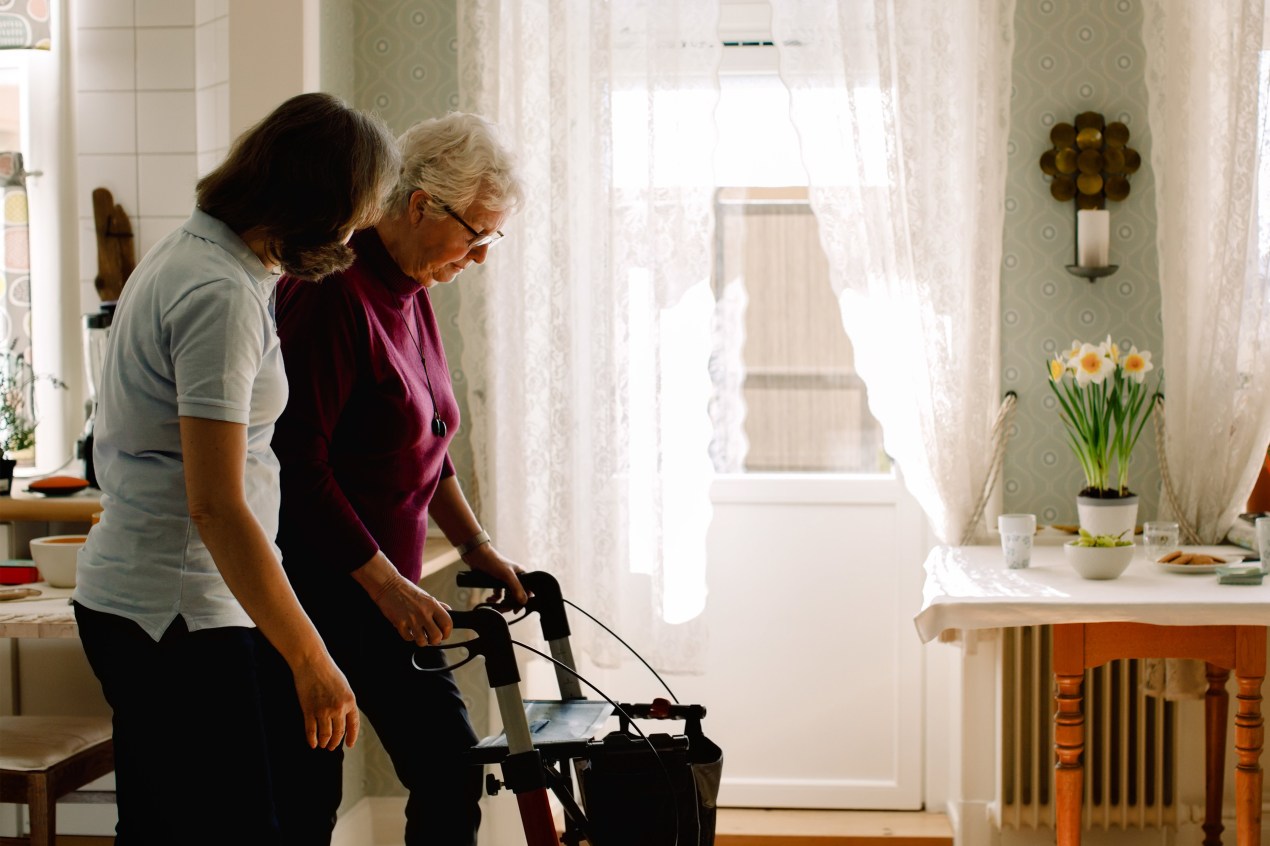Personalized Dementia Care Charlotte: Recognizing Your Family member's Distinct Needs
Personalized Dementia Care Charlotte: Recognizing Your Family member's Distinct Needs
Blog Article
How to Offer Individualized and purposeful Mental deterioration Care
The provision of purposeful and tailored mental deterioration treatment calls for a nuanced understanding of each person's special background and preferences. Care approaches must be tailored to involve the individual in methods that reverberate with their previous experiences, consequently fostering emotional connections and improving general health.
Understanding Dementia Originality

Care providers need to examine cognitive abilities, moods, and behavioral patterns to produce personalized treatment strategies. This might include adjusting communication styles, utilizing acquainted routines, and utilizing meaningful tasks that resonate with the person's previous experiences. Involving an individual with an enthusiasm for music via music tasks may stimulate favorable memories and enhance emotional health.
Additionally, recognizing uniqueness fosters a caring technique that respects the dignity and freedom of those dealing with mental deterioration. It motivates caregivers to pay attention actively, observe behavior cues, and stay adaptable in their caregiving strategies (charlotte care home). By prioritizing individuality, caregivers can not only boost the lifestyle for those with mental deterioration but additionally construct a more extensive understanding of their special point of views, eventually causing extra empathetic and effective care
Structure Count On and Relationship
Developing trust and relationship is essential in dementia treatment, as it creates a helpful and safe setting for people influenced by the problem. Structure these connections needs constant, compassionate communications that prioritize the needs and feelings of the person. Caregivers have to approach interactions with empathy, recognizing the one-of-a-kind difficulties faced by those with dementia, consisting of amnesia, complication, and psychological distress.
Efficient communication is crucial in this procedure. Caretakers ought to use clear, straightforward language and non-verbal signs to share understanding and assistance. Active listening demonstrates respect and validation, enabling individuals to share themselves without fear of judgment. In addition, keeping a tranquil disposition can assist reduce anxiousness, fostering a feeling of protection.
Developing a regimen can likewise boost trust. Knowledge with everyday activities and caregivers promotes a feeling of security, enabling people to feel even more at simplicity. It is important to involve with people on an individual degree, putting in the time to discover their life history, choices, and rate of interests. By doing so, caretakers enhance the person's identity, promoting self-respect and regard, eventually leading to stronger, more significant relationships in the context of dementia treatment.
Tailoring Tasks and Interaction
Involving individuals with mental deterioration through customized tasks can dramatically boost their high quality of life and cultivate a deeper connection between caretakers and those in their treatment. Personalization is necessary, as it recognizes the distinct histories, passions, and abilities of each individual. Activities need to be designed to stimulate cognitive functions, promote physical activity, and encourage social interaction, all while remaining delightful and fulfilling.
To tailor activities successfully, it is vital to examine the individual's preferences and cognitive abilities. In addition, including components of regimen can provide comfort and stability, allowing individuals to involve with tasks a lot more confidently.
Caretakers can boost interaction by participating alongside the people, cultivating an official site interactive and supportive setting. It is likewise vital to stay adaptable and adaptive, readjusting activities as needed based upon the person's energy levels and state of mind. Ultimately, significant involvement through tailored activities not just uplifts individuals with dementia but also enriches the caregiver connection, promoting common enjoyment and understanding.
Effective Interaction Techniques
Efficient communication is important in mental deterioration treatment, as it fosters a sense of connection and understanding between individuals and caretakers experiencing cognitive decline. Employing effective communication techniques can substantially boost the quality of communications and minimize frustration for both celebrations.
Firstly, using straightforward, clear language is essential. Short sentences and familiar words help individuals understand and respond much better. In addition, keeping a tranquility and positive tone can produce an encouraging environment, which is vital for individuals that might really feel overwhelmed or nervous.
Non-verbal communication plays a substantial role also. Caretakers ought to focus on body language, faces, and gestures, as these hints can often communicate more than words - memory care charlotte. Establishing eye call and making use of gentle why not try these out touch can likewise enhance links and convey empathy
Energetic listening is another key element. Caretakers ought to listen, enabling people to share themselves totally, also if their speech is uncertain or fragmented. This lionizes and encourages much more open interaction.
Finally, verifying experiences and feelings is important. Recognizing feelings, regardless of their basis in truth, can give comfort and enhance the caregiver-individual partnership, promoting a much more supportive ambience.
Supporting Family Members Involvement
Household involvement plays a considerable function in the general care and assistance of people with dementia. Involving member of the family develops a collective atmosphere that enhances the high quality of care, promotes psychological links, and guarantees that the unique requirements of the individual are fulfilled. Household participants frequently have invaluable insights into the person's background, preferences, and habits, which can be vital in developing customized treatment approaches.

Moreover, family members can be motivated to join everyday treatment tasks, such as taking part in significant discussions or aiding with acquainted regimens. This not just assists receive the person's sense of identification but also reinforces domestic bonds. Eventually, by fostering an inclusive method that values household contributions, treatment providers can enhance the general experience for both people with dementia and their liked ones.
Final Thought
In conclusion, providing significant and individualized dementia care demands an extensive understanding of each individual's special background and preferences. Jointly, these strategies contribute to improved top quality of life for people with mental deterioration.
The stipulation of personalized and meaningful mental deterioration care requires a nuanced understanding of each person's special this hyperlink background and preferences. By doing so, caretakers reinforce the individual's identification, advertising dignity and regard, ultimately leading to stronger, extra significant relationships in the context of mental deterioration care.
Engaging people with dementia through customized activities can substantially enhance their quality of life and cultivate a deeper connection in between caregivers and those in their treatment.Household participation plays a considerable role in the general treatment and support of individuals with mental deterioration. Ultimately, by promoting an inclusive strategy that values family members contributions, care carriers can enhance the general experience for both people with dementia and their liked ones.
Report this page